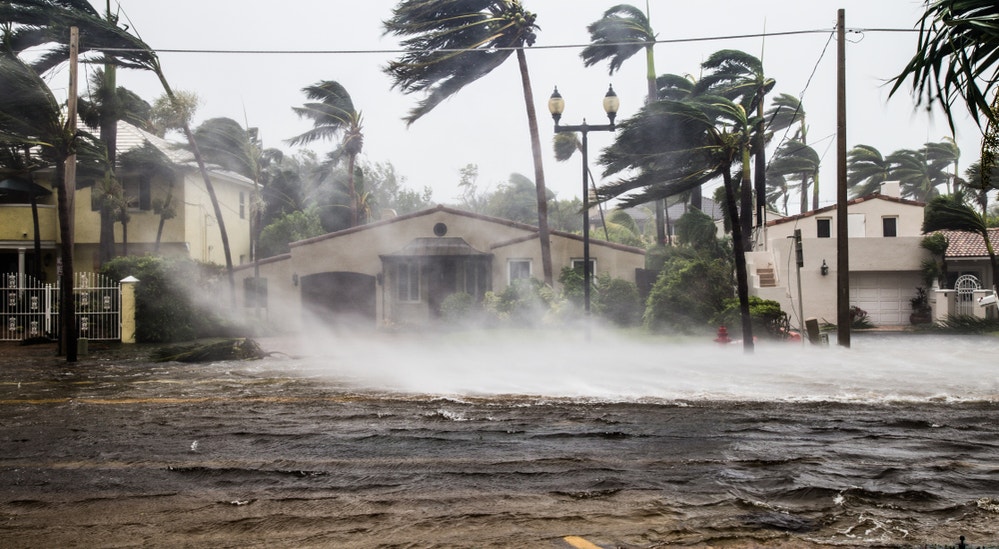
Overview of the Catastrophe
In 2023, the world was confronted with an astounding $250 billion in losses due to devastating thunderstorms in North America and Europe and a series of crippling earthquakes. This formidable sum, eclipsing previous years, serves as a stark reminder of the financial toll exacted by Mother Nature.
Thunderstorm Havoc
What Unfolded: According to a report by Munich Re, the leading reinsurance company, 2023’s natural disasters resulted in global economic losses akin to the previous year, reported CNBC on Tuesday. Insured losses for the year amounted to $95 billion, marking a drop from $125 billion in 2022.
The significant losses were propelled by a slew of severe regional storms. Thunderstorms in North America swept away assets worth approximately $66 billion, with $50 billion covered by insurance. In Europe, the losses totaled $10 billion, with $8 billion being insured.
Munich Re underscored that these staggering thunderstorm losses were unparalleled for the U.S. and Europe. The company cautioned that losses from thunderstorms, often labeled as “secondary perils,” are likely to mount in the future due to the increasing frequency and intensity of extreme weather events triggered by the climate crisis.
While industrialized countries evaded so-called mega-disasters, the report emphasized that 2023 marked another year of “extremely high” damages, both economically and in terms of insurance claims.
Earthquake Devastation
The report spotlighted a striking surge in the number of deaths caused by natural disasters, soaring to 74,000 in 2023, far surpassing the annual average of 10,000 over the previous five years.
Approximately 63,000 deaths, or 85% of the year’s total toll, were attributed to earthquakes in 2023. This marked the highest death toll since 2010. An onslaught of earthquakes in Turkey and Syria in early February resulted in an economic loss of around $50 billion and claimed over 55,000 lives, as per the British Red Cross.
The Significance
Why It Holds Weight: This surge has been underscored by numerous reports on the evolving impact of climate change on global natural disaster patterns and the ensuing trials encountered by the insurance industry. The report emerged just days after earthquakes rattled central Japan and Southern California.
Efforts to grapple with these challenges have varied from technological solutions such as AI-driven early warning systems to broader socioeconomic shifts aimed at fortifying climate resilience in the face of environmental changes.
Engineered by
Benzinga Neuro, Edited by
Pooja Rajkumari
The GPT-4-based Benzinga Neuro content generation system exploits the
extensive Benzinga Ecosystem, including native data, APIs, and more to
create comprehensive and timely stories for you.
Learn more.

